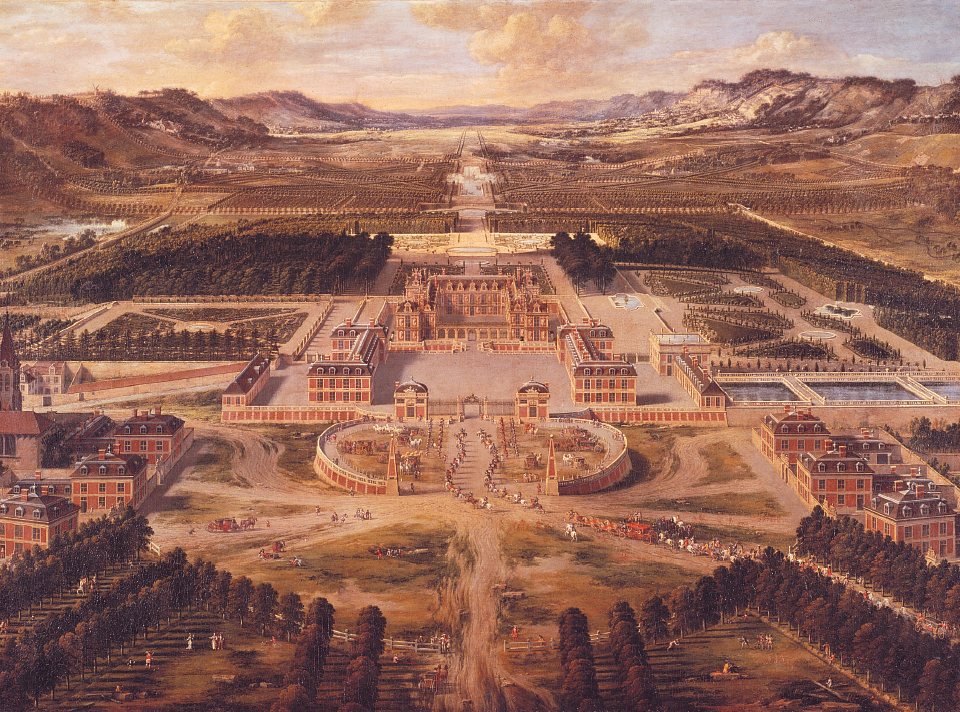1 | Absolutism and the Age of Science
Baroque is a period term used by art historians and musicologists. Historians are more likely to speak of the period from 1600 to 1750 as the Age of Absolutism. This was the time of belief in the divine right of kings, the idea that the right of kings to rule was absolute — total, unlimited — because they were chosen by God. Louis XIV of France became the most powerful monarch in all of European history, and also one of the most ruthless. Absolutism is still with us, in the form of (usually godless) dictatorships.
Students of the history of ideas, on the other hand, speak of this as the Age of Science. In this era, the telescope and the microscope revealed their first secrets; Newton and Leibniz invented calculus; Newton developed his laws of mechanics and the theory of gravity. These discoveries affected both technology and philosophy — not only the formal philosophy of the great empiricist thinkers Descartes, Locke, and Hume, but also philosophy in a more informal sense. People began to think about ordinary matters in a new way, influenced by the newly acquired habits of scientific experimentation and proof. The mental climate stimulated by science significantly affected the music and the art we call Baroque.

Absolutism and science were two of the most vital currents that defined life in the seventeenth and early eighteenth centuries. The result was an interesting dualism that can be traced throughout Baroque art: pomp and extravagance on the one hand, system and calculation on the other. The same dualism can be traced in Baroque music.